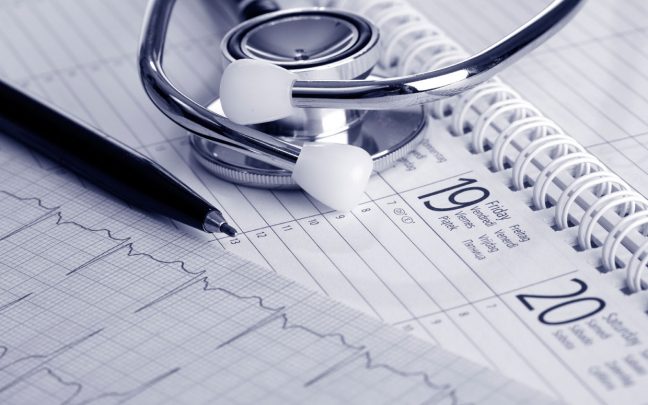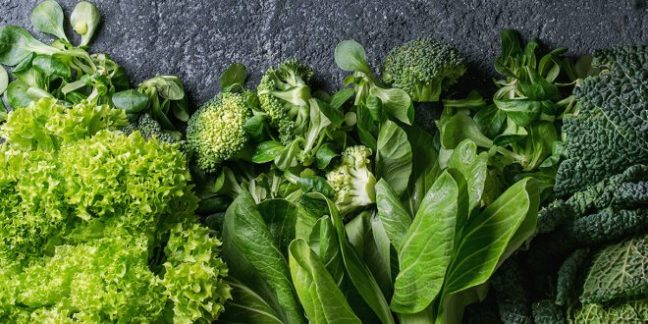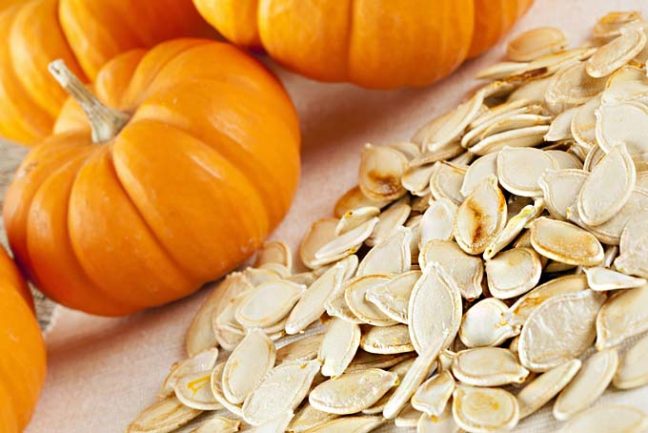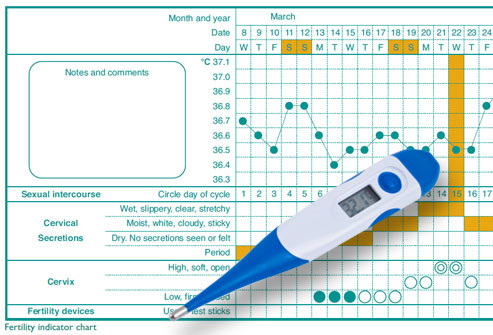![]() The information provided by our expert should not constitute a diagnosis of your condition. Always consult a medical practitioner or healthcare provider for a formal diagnosis. By making use of this content, you agree that ConceiveEasy and the expert assume no liability.
The information provided by our expert should not constitute a diagnosis of your condition. Always consult a medical practitioner or healthcare provider for a formal diagnosis. By making use of this content, you agree that ConceiveEasy and the expert assume no liability.
If you have been trying to conceive for a very long time but have not had success, there are some steps you need to take before panicking about the possibility that you and/or your partner are infertile. Claim Your 20 Free Pregnancy Tests – Click Here

If you have not had your health accessed before you started to attempt to conceive, then that is the step you should have taken before even trying. If your blood sugar or blood pressure is not up to par, then that in itself could be getting in the way of your fertility. If your weight is too high or too low, then that would need to be adjusted as well.

If you are unsure of what foods to eat, and how much of it to eat whether you want to gain or lose weight, then you will be referred by your doctor to a dietician or nutritionist that specializes in fertility friendly foods. This applies to both men and women that are trying to conceive.
If men are not overly healthy, then that will affect the quality, movement and the quantity of their sperm. If women are not overly healthy, they will not be ovulating properly or at all!

The singlemost effective way to boost your fertility immediately with the strongest effect is to take a fertility supplement. Fertility blends and supplements like ConceiveEasy are a cost-effective way to increase your chances of getting pregnant from the very first use.
ConceiveEasy can help to lengthen a short luteal phase, can help give you the nutrients you may be lacking in an otherwise less than ideal diet, regulate cycles and hormonal levels. It can even help increase your fertile cervical mucus! For just a small price compared to the cost and expensive of fertility drugs and treatments, ConceiveEasy is a great starting point to get the ball rolling.
That said, before making any other change at this point is to make sure that you are not only getting your health in order, but that you start seeing a dietician or nutritionist that specializes or is knowledgeable about fertility friendly foods. Below is a list of foods that are essential to include in your diet when you are trying to conceive for a baby.

When you are attempting to conceive, you may be surprised how much the foods you consume on a daily basis can affect your fertility. This goes for both men and women.
And in most cases, men and women should be eating the same foods, but there are a few that are better for men’s fertility than for women’s fertility and vice versa. Listed below are the foods that must be eaten in order to improve your reproductive health, and therefore will help you achieve the pregnancy that you have been trying for all along!
1. Food for Men and Women to Eat to Help Improve Their Fertility
Eggs, Salmon, Flax seeds, Avocados, and Walnuts – The one essential ingredient that these foods have that both men and women need to consume in order to help improve their fertility is the Omega 3 fatty acid. This will help their reproductive health improve, and will help women ovulate regularly. The Omega 3 fatty acid will also help improve sperm quality, count and mobility in men too.
Leafy Greens – All leafy greens such as spinach, romaine lettuce, asparagus, Brussels sprouts, and broccoli must be included in the diet for men and women who are trying for a baby. The importance of these foods is that it contains folate which not only helps fertility, but it helps reduce the risk of chromosomal abnormalities in both the egg and sperm. Folate supplements are essential as well for men and for women as well.

Blueberries and raspberries – These berries contain antioxidants which helps both the egg cells and sperm cells stay fresh! You can also enjoy dark chocolate as well but within reason.
Oysters – The reason that oysters are a powerful fertility food for men and for women is that it contains zinc, and men and women need zinc! It helps women for cycle regulation, and it helps men for improving sperm count and quality, and it helps boost libido!
2. Fertility Foods for Women
Listed below are foods that are essential for women to add to their diet as well:
Yams – This is a great fertility booster for women because it contains folate and Vitamin A. There are also properties in yams that can help stimulate ovulation.
Full-fat dairy – Not only do milk products contain calcium and Vitamin D which is important to maintain bone health. However, it is important for women that are trying to conceive to only stick to full-fat dairy products such as whole milk, full-fat yogurt, and cheese.
There are properties in full-fat dairy foods that can help increase female fertility as well, as it helps stimulate ovulation. Low-fat dairy is not recommended because it is not helpful in any way at all.
Lean protein – Lean protein includes poultry, lean pork and beef which contains iron which is important for keeping the female reproductive health up to par.
3. Fertility Foods for Men
There are other foods that men also need to add to their diet and listed below are the foods they need to consume in order to help boost their sperm count, quality, and mobility:
Pumpkin seeds – This particular food is better for men than it is for women even though it contains Omega 3 fatty acids and zinc which both men and women need. However, pumpkin seeds contain properties to help boost testosterone which is why women should not eat this.
Citrus fruits which includes tomatoes – These foods contain Vitamin C which helps repair tissue and is essential for helping to boost sperm quality.
Carrots, red peppers, and apricots – These foods contain a healthy dosage of vitamin A, and these are good for men to consume because it helps boost sperm mobility.

4. Foods for Both Men and Women to Avoid or Tightly Limit At the Most
Coffee – Neither men or women that are trying to conceive need to ditch coffee altogether. If the consumption limit is at 200 mg then there is no harm. That means no more than 2 cups of coffee a day for both!
White bread, pasta, potato chips, and sugar – Couples that are trying to conceive must put a tight limit on these foods because eating too much of it will mess with hormones for both men and for women. However, enjoying a candy bar once a week won’t have any effect. Just don’t eat that on a daily basis.
Packaged snack foods, fast food, and butter – Again, there is not a need to eliminate these foods from your diet altogether. But any kind of saturated fat and trans fat which is found in these foods can mess with hormones if eaten too frequently. It can also reduce sperm count.
Alcohol – Avoid at all costs if trying for a baby.
Soymilk and tofu – Eliminate this as it contains properties that will completely harm fertility.
Swordfish, king mackerel, tuna steak, and shark – Avoid these fish altogether because it contains mercury which is not only harmful to fertility but if conception happens, it is harmful to the developing fetus.
Now that you know what foods to stick to since they are fertility-friendly, and what to limit and what to completely avoid, you need to start sticking to this diet.
Meal ideas for couples would be a salmon dinner, with leafy greens on the side with whole wheat pasta. And definitely make yourself some scrambled eggs or any kind of egg regardless of the style you prefer for breakfast, with some berries and whole-grain toast. Add some slices of avocados as well. For the ladies who want to be moms, have a full-fat yogurt snack and for the guys who want to be dads, enjoy a handful of pumpkin seeds for a snack!
The next step is to evaluate your activity levels.

In order to make sure that you keep your health up to par, you need to make sure that you are going for half-hour brisk walks for 5 days a week. This way, you will keep your circulation going which is essential to maintain the health of your reproductive system.

If you live a sedentary lifestyle, you will not be getting enough circulation that you need and your reproductive health will suffer, along with other aspects of your health.
On the flipside, if you are getting too much exercise such as having intense workouts for hours on a day each day of the week, then you are stressing your body out. That also is detrimental to your reproductive and general health.
Therefore, you want to make sure that you are getting a moderate amount of activity in for 5 days a week, which is taking a half hour brisk walk. If you don’t have the time to spare, you can always break that up into 10-minute intervals for 3 times a day. If the weather is an issue such as if you are living in a rainy or cold climate and it is winter, you will want to invest in a treadmill.
Either way, getting enough but not too much exercise is essential to help boost your fertility as well.
Once that has been established, and you have been sticking to the fertility friendly diet as well- now it is time to start charting your cycles. There are 3 ways for women to do this:
Body basal thermometer (BBT) – You will need to get a BBT and follow the instructions, as you can get them at Walgreens or CVS. Be sure to take your temperature as soon as you get your period, and do this at the same time each morning without moving as much as possible.
That means to keep the thermometer on your nightstand within reach. Be sure to mark the temperature on the graph and do this for 3 months. A rise in temperature will show a pattern of when you are ovulating. If there is no rise noticed during that time, then that means you are not ovulating and then that means you will need to go to the doctor to get checked out.

Checking cervical mucus– You will need to check your cervical mucus consistency, and start this on the day your period finishes. By then you will have very little mucus but as time goes on, when you are just a few days away from ovulating, you will notice that your mucus is abundant and has a texture like egg-whites.
That is your fertile time and that is when to have intercourse. If you don’t notice changes at all, and you don’t see a rise in temperature, then that is confirmation that you are not ovulating and you need to see the doctor.
Ovulation prediction kits – This is not recommended until you have tried the other 2 methods first so you have an idea of when you are ovulating. The ovulation predictor kit is to be used when you suspect you are close to ovulation. You will see a rise in your luteinizing hormone which again is a confirmation that ovulation in near, and this means it is time to get busy.

The one thing that men need to do in addition to sticking to the fertility diet is to minimize the amount of heat around their groin. This means they need to take lukewarm showers instead of hot showers, as well as wearing boxers instead of briefs in addition to loose-fitting pants instead of jeans. It is not recommended for men to keep their cellphones in their pockets either because that can lower sperm count and quality.

Infertility is defined as a couple that has been trying to conceive for a year or longer, unless the woman is 35- then it is 6 months. If the couple has been taking these steps for a year and even though there is a sign that ovulation is happening but no pregnancy has occurred then there are several issues coming to play.

One issue is that there could be explained infertility and the other is that the man has poor sperm quality, mobility or/and count for reasons that are beyond his control. Especially after taking the steps to increase male fertility. That is the time to go to the doctor and have the issue that could be coming into play assessed.
However, before you jump ahead to this point, utilize these tips and hope for the best!










Comments